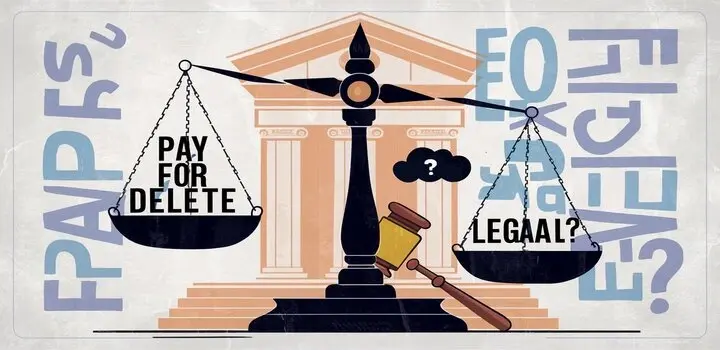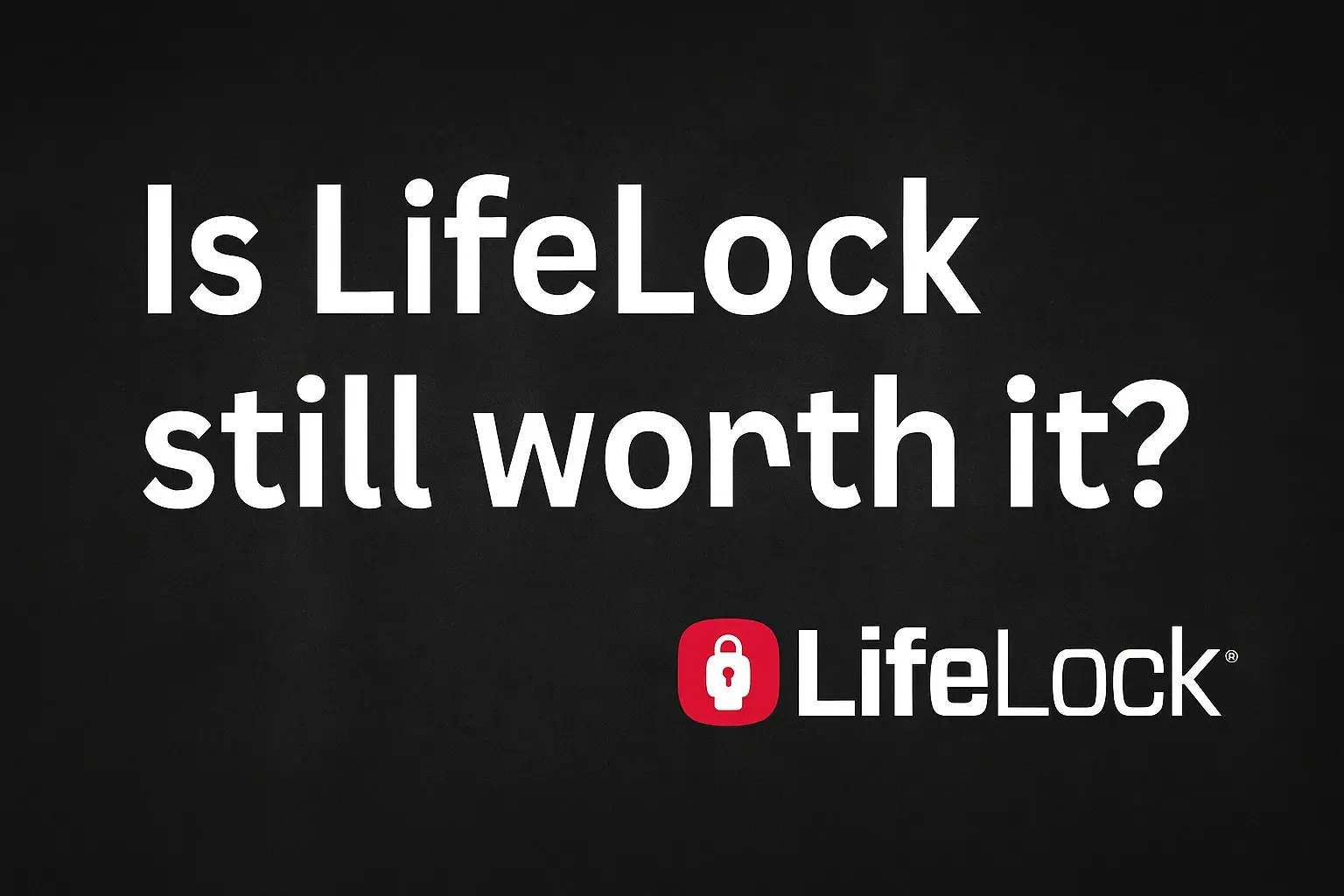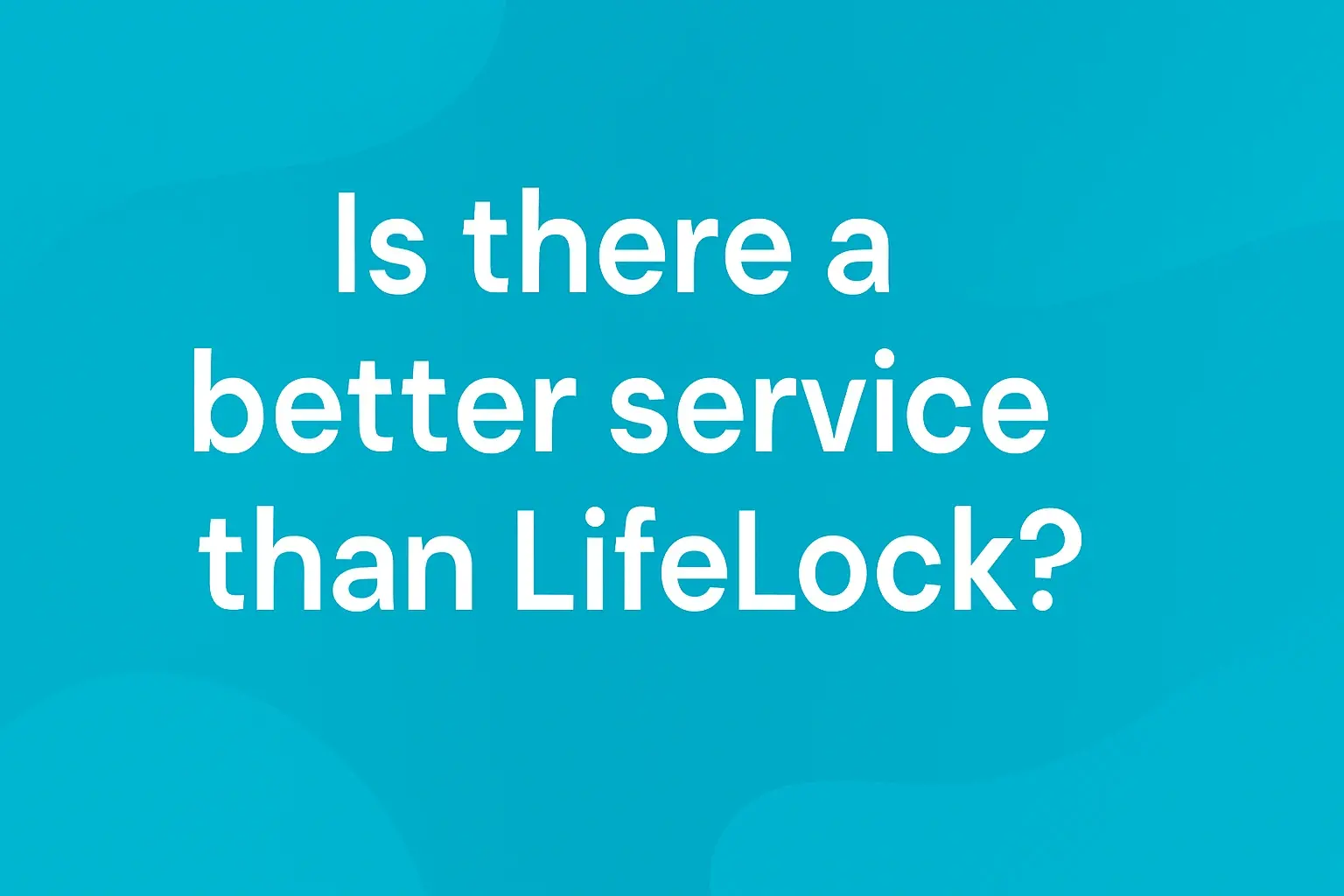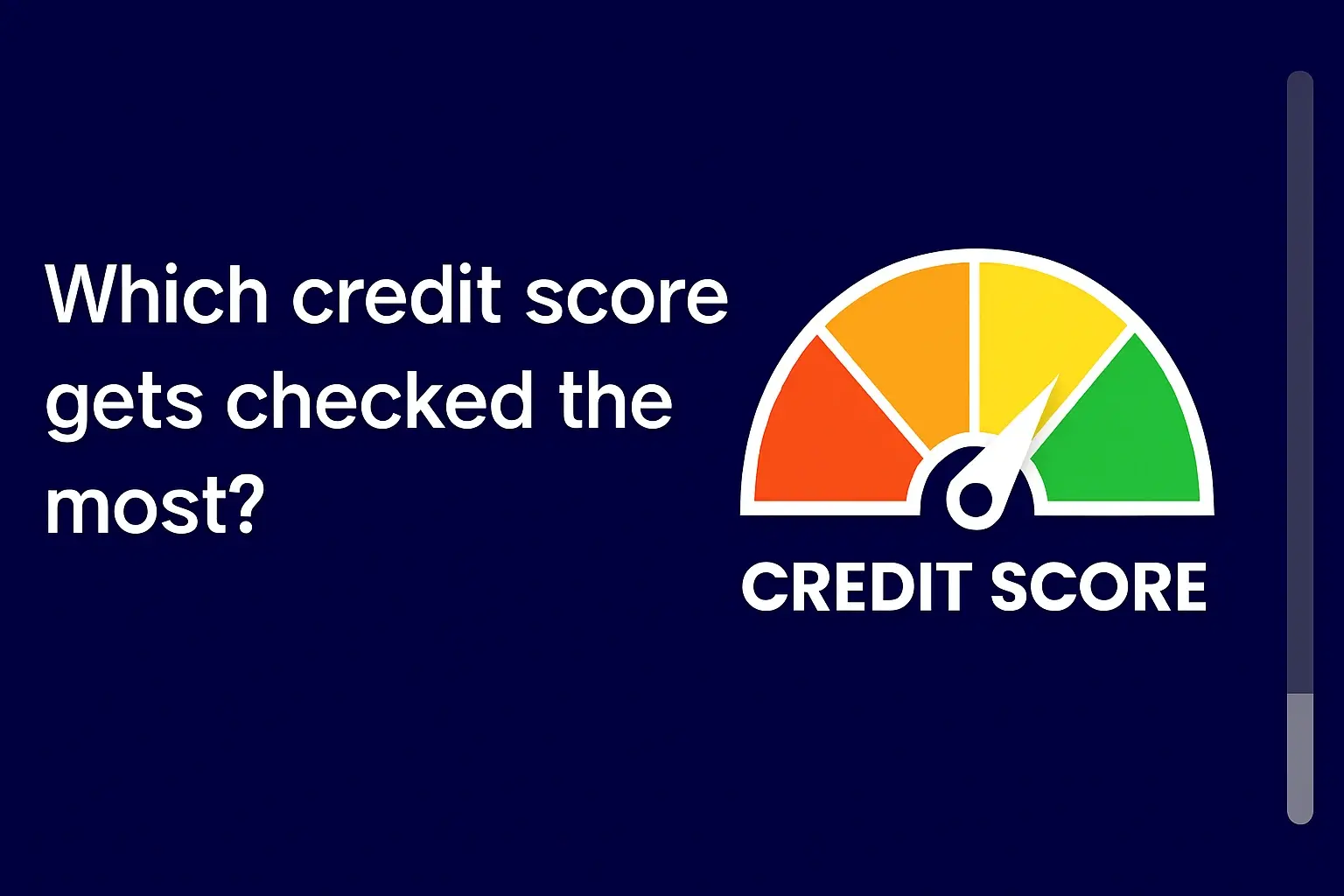-
Posted on: 25 Jul 2024

-
Dealing with collections agencies can be stressful, especially when they negatively impact your credit score. One common question people ask is: "Can I negotiate a 'pay for delete' arrangement with a collection agency, where they remove the negative entry from my credit report once I pay the debt?" The answer, unfortunately, is complicated. While it sounds appealing, it's crucial to understand the realities, risks, and alternatives before pursuing this strategy.
What is Pay for Delete?
Pay for delete (PFD) is an agreement where a debt collector promises to remove a negative collection account from your credit report in exchange for you paying off the debt. The idea is that by paying the debt, the collection agency benefits, and you benefit from a cleaner credit report, potentially leading to a higher credit score.
In theory, it seems like a win-win situation. However, the reality is often different.
Why Pay for Delete is Difficult to Achieve
While the concept of pay for delete sounds straightforward, several factors make it difficult to achieve:
- Collection Agencies Aren't Obligated: Collection agencies are not legally obligated to agree to a pay-for-delete arrangement. The Fair Credit Reporting Act (FCRA) requires them to report accurate information to the credit bureaus. Deleting an accurate, legitimately owed debt could be considered a violation of FCRA, though the interpretation is debatable.
- Many Agencies Don't Offer It: Even if they could, many collection agencies simply don't offer pay-for-delete as a standard practice. Their policies might prohibit it, or they might find it too cumbersome to implement.
- Risks for the Collection Agency: Deleting a paid debt might raise questions during audits or reviews, potentially causing complications for the collection agency. They need to maintain accurate records of their debt collection activities.
- Credit Bureaus Discourage It: Credit bureaus (Experian, Equifax, and TransUnion) prefer to have accurate credit information, even if it's negative. While they don't explicitly prohibit pay for delete, they also don't encourage it and are working to ensure accuracy of the data reported.
The Gray Area: Enforceability and Proof
Even if you get a collection agency to agree to pay for delete, it's not always a guarantee they'll follow through. A verbal agreement is worthless. You absolutely need a written agreement detailing the terms, including:
- The specific account number being referenced.
- The amount of the debt being paid.
- A clear statement that the collection agency will delete the entry from your credit report upon payment.
- The timeline for deletion (e.g., "within 30 days of receiving payment").
- The names and signatures of both parties (you and a representative from the collection agency).
Even with a written agreement, there's no guarantee the credit bureaus will automatically remove the entry. You might have to dispute the item directly with each credit bureau, providing them with a copy of your agreement with the collection agency. The credit bureaus have a legal obligation to investigate the dispute and the collection agency then has an obligation to respond within a certain timeframe.
What Happens If They Don't Delete After Payment?
This is the risk. You've paid the debt, potentially freeing up cash that could have been used elsewhere, and the negative entry remains on your credit report. Your options are limited:
- Contact the Collection Agency: Start by contacting the collection agency and reminding them of the agreement. Provide them with a copy of the signed contract.
- Dispute with the Credit Bureaus: File a dispute with each credit bureau (Experian, Equifax, and TransUnion). Include a copy of your agreement and proof of payment. The credit bureaus will investigate the dispute.
- Consider Legal Action: If the collection agency fails to honor the agreement and the credit bureaus don't remove the item, you could potentially pursue legal action. However, this can be costly and time-consuming, and success isn't guaranteed. Consult with a consumer protection attorney to discuss your options.
Alternatives to Pay for Delete
Given the challenges of pay for delete, it's often wiser to explore alternative strategies for improving your credit score when dealing with collections:
1. Debt Validation
The Fair Debt Collection Practices Act (FDCPA) gives you the right to request debt validation. This means the collection agency must prove that the debt is valid and that they have the legal right to collect it. To request validation, send a certified letter to the collection agency within 30 days of receiving their initial notice. The letter should request:
- Verification of the original creditor.
- Verification of the original account number.
- A copy of the original contract or agreement.
- Proof that the collection agency has the legal right to collect the debt.
If the collection agency fails to provide adequate validation, they are legally obligated to stop collection efforts and, in many cases, remove the item from your credit report.
2. Negotiate a Settlement
Instead of focusing solely on deletion, consider negotiating a settlement for less than the full amount owed. Many collection agencies are willing to accept a reduced payment to close the account. While the collection account will still appear on your credit report as "paid," "settled," or "satisfied," it can be less damaging than an unpaid collection. This can still improve your credit score over time. Ensure any settlement agreement is in writing before making a payment.
3. Goodwill Letter
If you have paid off the collection account, or negotiated a settlement, consider sending a goodwill letter to the original creditor (not the collection agency). Explain the circumstances that led to the debt and express your commitment to responsible financial management. Request that they remove the negative entry as a gesture of goodwill. While not guaranteed, it's worth a try, especially if you have a good payment history with them before the debt went to collections.
4. Time
Negative information, including collection accounts, generally stays on your credit report for up to seven years from the date of first delinquency (the date you first missed a payment to the original creditor). After seven years, the item should automatically be removed from your credit report. While it's a long wait, time is often the most reliable solution.
5. Monitor Your Credit Report Regularly
Regardless of which strategy you pursue, it's crucial to monitor your credit report regularly for accuracy. You can obtain free copies of your credit report from each of the three major credit bureaus (Experian, Equifax, and TransUnion) annually at AnnualCreditReport.com. If you find any errors or inaccuracies, dispute them with the credit bureaus immediately.
Before You Make a Payment
It's imperative that you're diligent. Here are a few important reminders:
- Get it in Writing: Never rely on verbal agreements. Always get any pay-for-delete or settlement agreement in writing before making any payments.
- Keep Records: Keep copies of all correspondence, agreements, and payment confirmations.
- Understand Your Rights: Familiarize yourself with your rights under the FDCPA and FCRA.
- Be Wary of Scams: Be cautious of companies that promise guaranteed pay-for-delete results. These are often scams.
Conclusion: Proceed with Caution
While the idea of pay for delete is appealing, it's not a reliable or guaranteed strategy for removing collection accounts from your credit report. Collection agencies are not obligated to agree to it, and even if they do, there's no guarantee they'll follow through. Before pursuing pay for delete, carefully consider the risks and explore alternative options, such as debt validation, settlement negotiation, or sending a goodwill letter. Focus on strategies that are more likely to yield positive results and improve your overall financial health.











